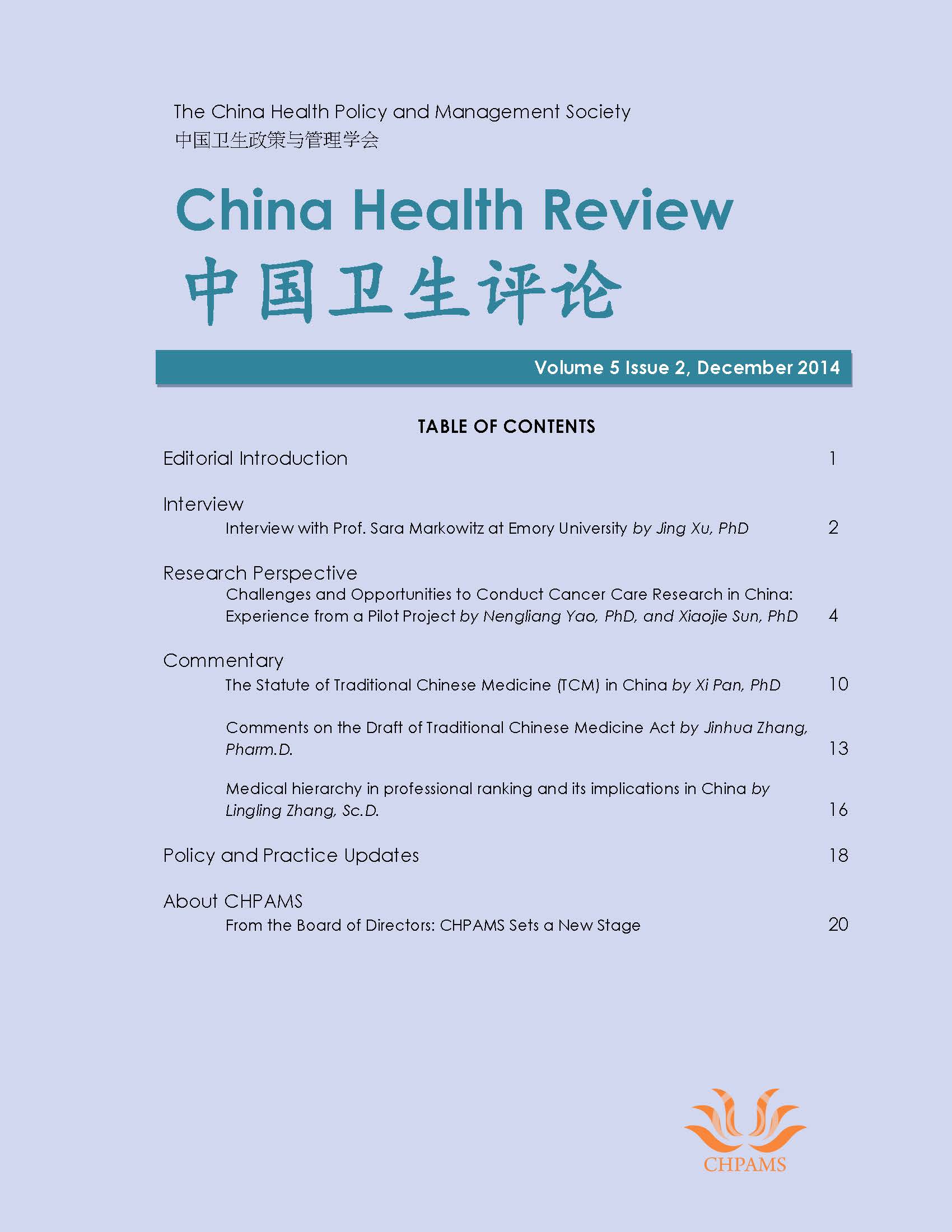Medical hierarchy in professional ranking and its implications in China
Resumen
Medical hierarchy is a system where health professionals are ranked according to certain criteria. While hierarchy helps identify the seniority and mentorship to which junior practitioners can refer, it can also become a barrier in medical practice and sometimes lead to undesirable perceptions and consequences for both medical professionals and patients. Physicians in Denmark perceived the hierarchical position as a major determinant of influence on technical and ethical decisions.1 German physicians complained about the monarchy-like system in clinical positions that led to a negative working atmosphere and reduced health-related quality of life among young physicians.2 Srivastava3, drawing from the author’s own medical practice in the US, showed that blind adherence to hierarchy defined by medical specialties could lead to disastrous outcomes.Citas
Holm S. The medical hierarchy and perceived influence on technical and ethical decisions. Journal of Internal Medicine 1995; 237(5): 487-492.
Jurkat HB. German medical hierarchy: the ladder to quality of life? Lancet 2006; 368: 985-986.
Srivastava R. Speaking up- when doctors navigate medical hierarchy. N Engl J Med 2013; 368: 302-305.
Zheng FZ. and Chen L. The study on the relation between physicians’ burnout and background factors (in Chinese). Medicine and Society 2007; 20(6): 4-6.
Medical ranking system discussed at People’s Congress and People’s Political Consultative Conference. Chinese Medical Doctor Association March 19, 2013 (online).

